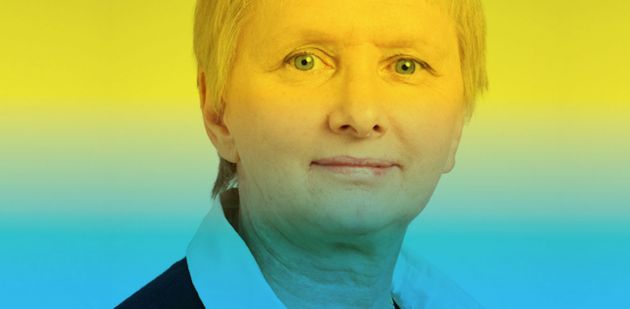The working population in the healthcare sector contribute to the Swiss success, both from an economic and human point of view. It is therefore necessary to invest in the training of medical staff.

Switzerland has been ranked as the world’s most competitive economy for the second consecutive year, as reported recently in the press. These rankings, established by the World Economic Forum identified the keys to success: excellent national innovation capacity – supported by high-quality research institutes and continuous cooperation between the academic and business worlds – and public institutions that are among the world’s most efficient and transparent. Further, of the 148 countries surveyed, Switzerland also ranked first for training.
Health also makes an important contribution to Switzerland’s success. It is not only an economic sector in its own right – 8% of the Swiss working population exercises an activity in the fields of healthcare or therapy – but a factor in the smooth running of the whole. Technological and pharmaceutical progress springs immediately to mind, in view of its clear market benefits. However, this progress can express its full potential only if it is backed up by efforts on at least the same scale in other fields. If we look at the full range of factors with a decisive influence on health, we need to consider not only the social and physical environment of individuals, but also their level of education and culture, and whether they have access to healthcare, for example.
The health sector supplies not only products, therefore, but also services delivered by professionals in this field. However, this human capital is becoming scarcer, owing to population changes, in particular. And in the field, healthcare professionals are facing new developments, such as ageing, migratory trends or epidemiological transitions to chronic and degenerative diseases. In this context, and in my capacity as director of healthcare at the CHUV, I consider as essential the professional expertise and attention given to each individual in his/her full globality and complexity.
All this has been clearly understood by “Health Valley”. By joining forces to create the Lausanne university institute of healthcare research and training, our leading Swiss schools and their partners perpetuated the virtuous circle that is at the root of Switzerland’s success. And I am delighted that the university course in nursing sciences created by this entity is now seeking to promote innovations that encompass all the factors with a decisive influence on human health./